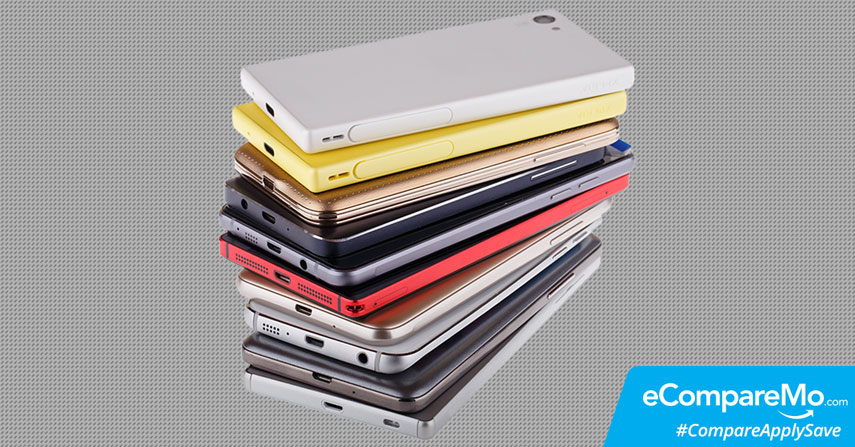Know The Pros, Cons, And Risks Of Buying From The Gray Market
2 min readOver the years, gray-market items have risen in popularity, particularly for budget-conscious consumers. But despite the low prices of these goods, people may not actually know what they are getting.
So what are the pros and cons of buying gadgets and other products from the gray market?

What does ‘gray market’ mean?
In 2013, Tech in Asia reported the massive influx of both authentic and counterfeit phones in Greenhills, Divisoria, Baclaran, and major bazaars in Manila.
Knockoff phones, units that resemble famous phones manufactured by big companies such as Samsung and Apple, were sold at a fraction of standard retail prices (SRPs).
Meanwhile, genuine models are also hawked by glass stores at a lower price than their SRPs. These sellers fall under the gray market category.
In short, gray market is where goods are imported and sold by distributors not authorized by the manufacturer, as defined by PC Advisor.
But let’s make one thing clear: They’re not illegal. Well, not necessarily. The gray market is different from the black market. It’s just that they allow people to have access to goods that are not intended for their market.
However, not all gray market sellers abide by the law. To maximize profit, some of them resort to smuggling products to dodge import duties and other taxes.
Pros and cons of buying gadgets online
Gray market goods are not necessarily bad either. However, getting items from unauthorized resellers has its advantages and disadvantages.
Pros
- Price point.
Since merchants usually source their items from VAT-free countries like Hong Kong, Singapore, and Thailand, the price per unit can be much lower than the ones sold by official retailers here. Couple that with bulk purchases and they can get even a bigger discount. - Convenience.
With easy browsing options and payment schemes such as credit card or cash on delivery, online shopping offers more convenience than traditional shops. - Reliability.
Since most gray market products come from within the Southeast Asian region, expect them to work just fine with local carriers. You may have a hard time setting the language at startup, though.
Cons
- Warranty.
Unlike licensed retailers that offer official manufacturer, gray market items often only come with store warranty, so don’t expect lightning fast repairs and replacement. - Support.
Gray market sellers can take away the business of authorized sellers, which means that jobs of their personnel are also at stake. - Economy.
Since some gray market imports are smuggled, it means that the government is losing millions in uncollected taxes and duties uncollected. This means fewer funds for the national coffers and in return, fewer projects and government infrastructure.
In the end, purchasing gray market goods can be a good way to save up money. They’re cheap and convenient, so it’s not surprising that people patronize them to get their hands on the latest gadgets.
However, this is not for everyone since there are risks involved such as product reliability and the potential for fraud. And on a larger scale, this means losses for the government. So always buy at your own risk.
What are your experiences with gray market goods? Share your thoughts in the comments.
